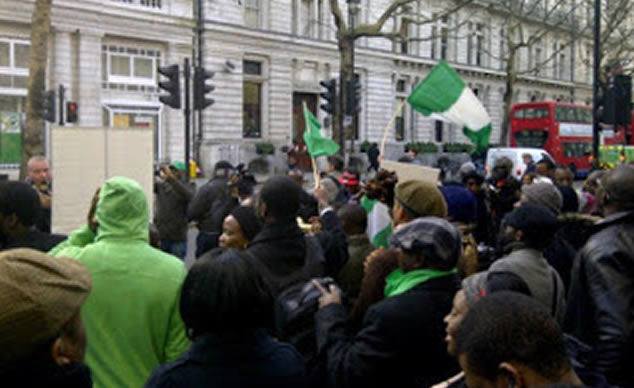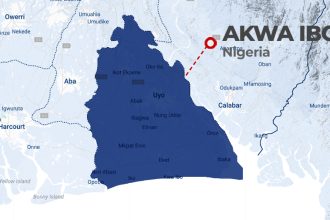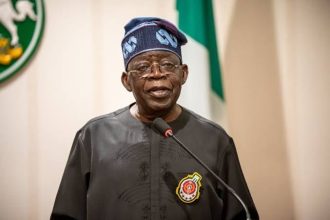The Federal Government of Nigeria and the Republic of the Philippines have reaffirmed their commitment to deepen bilateral cooperation, particularly in the areas of labour and migration.
This was the outcome of a high-level meeting held in Abuja, where the Secretary of Migrant Workers of the Philippines, Hon. Hans Leo J. Cacdac, was received by Nigeria’s Minister of Foreign Affairs, Ambassador Yusuf Maitama Tuggar.
In his opening remarks, Ambassador Tuggar acknowledged the historic relationship between the two nations, which dates back to Nigeria’s independence.
He praised the enduring presence and contributions of Filipino professionals in Nigeria, particularly in education, maritime, and aviation.
“Many Nigerians of my generation were taught by Filipino teachers, especially in STEM fields. These ties extend beyond knowledge sharing, they help build cultural bridges,” Tuggar stated.
Highlighting President Bola Tinubu’s foreign policy direction—centered on Democracy, Demography, Development, and Diaspora—Tuggar said Nigeria is eager to adopt elements of the Philippines’ internationally respected model for managing overseas workers. “We want to ensure our own diaspora workers are protected and empowered just as the Philippines does, with dignity, respect, and full government support,” he added.
Tuggar also referenced the Technical Aid Corps (TAC), a program launched in 1987 to deploy skilled Nigerian professionals to African, Caribbean, and Pacific countries. He revealed plans to transform the TAC initiative into a revenue-generating enterprise while expanding international collaboration.
Responding to these comments, Secretary Cacdac conveyed a message from President Ferdinand Marcos Jr., emphasizing the Philippines’ mandate to deepen labour cooperation with countries employing Overseas Filipino Workers (OFWs), including Nigeria.
“We met with some of our nationals here and are happy to see that Nigeria has been a safe and welcoming place for them,” Cacdac noted. “We are here to build upon that goodwill and ensure stronger coordination and protection mechanisms.”
The Philippine delegation included Deputy Minister for International Cooperation, John Al Rasul; Assistant Secretary for Pre-Employment Concerns, Juleen Abito; and Director for Anti-Illegal Recruitment and Human Trafficking, Giant Mendez. They were also accompanied by staff from the Philippine Embassy in Abuja.
Cacdac stressed the importance of shared learning between both nations in areas such as migration governance, labor systems development, and anti-trafficking initiatives. He formally proposed the establishment of a dedicated labor office within the Philippine Embassy in Abuja to enhance support for Filipino workers and facilitate better coordination with Nigerian authorities.
“Our goal is to further strengthen people-to-people ties through institutional cooperation. This includes knowledge-sharing on labor practices and building safer migration pathways for our citizens,” he said.
In a post-meeting briefing with journalists, Secretary Cacdac expressed appreciation for Nigeria’s hospitality and efforts to foster deeper engagement. “We express our profound gratitude to the Honourable Foreign Minister and to the Nigerian government and people for the warm welcome. President Ferdinand Marcos Jr. has given us a clear directive to deepen our bilateral labor relations for the mutual benefit of both countries,” he stated.
Describing Nigeria as a “safe haven” for Filipino migrant workers, Cacdac confirmed that discussions are ongoing about establishing a Migrant Workers Office in Abuja to improve service delivery and connect better with Filipino families back home.
He also revealed that further meetings with Nigeria’s Ministry of Labour were scheduled to explore bilateral labor arrangements, capacity building, and information exchange on labor protections and systems. “Our president has mandated that we ease bureaucratic processes back home, especially for foreign employment,” Cacdac said. “We are a signatory to the UN Convention on the Protection of Migrant Workers, and we uphold the welfare of both our workers abroad and foreign workers in the Philippines.”
Ambassador Tuggar concluded by emphasizing the strategic importance of the partnership, saying, “It’s an honour and a pleasure to welcome Secretary Cacdac. The Philippines has long been a leader in human resource development, and many Filipinos have contributed immensely in Nigeria, especially in aviation, maritime, and education.”
He reaffirmed the alignment of the partnership with President Tinubu’s “4D” policy and disclosed that nine bilateral agreements between the two countries are currently being finalized. “Secretary Cacdac has proposed a tenth, focusing specifically on labour,” Tuggar added.










